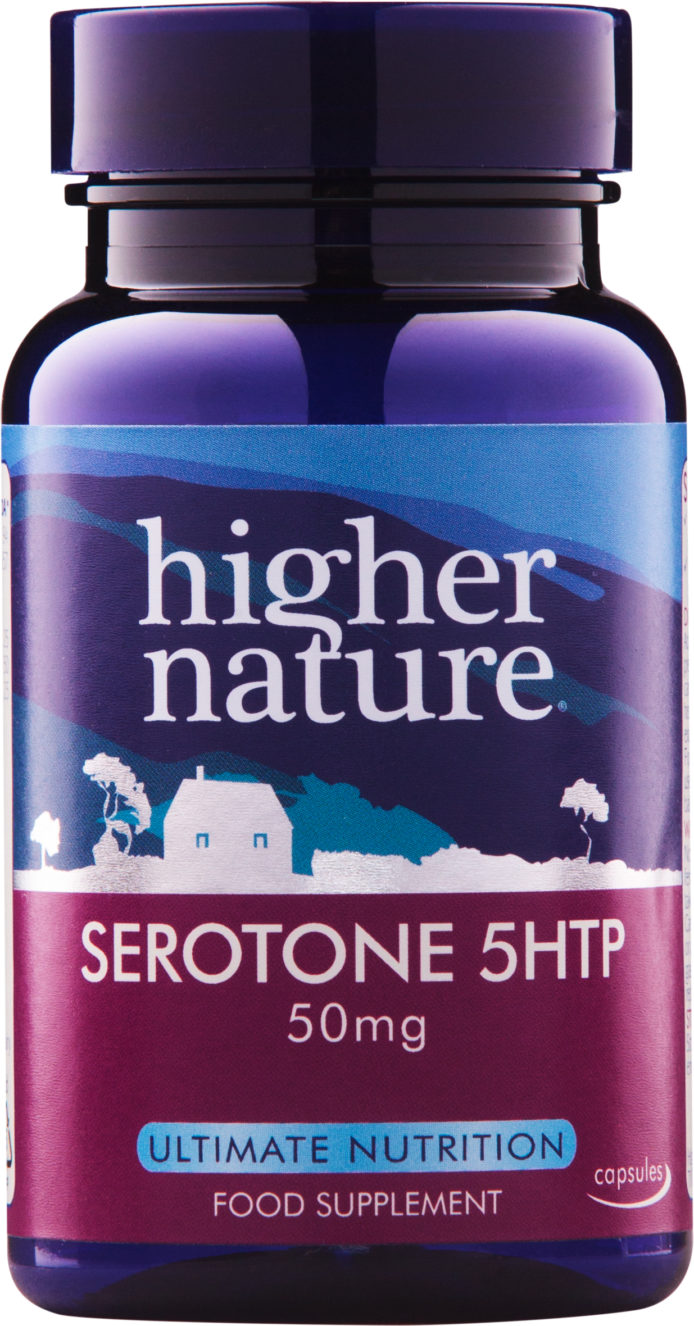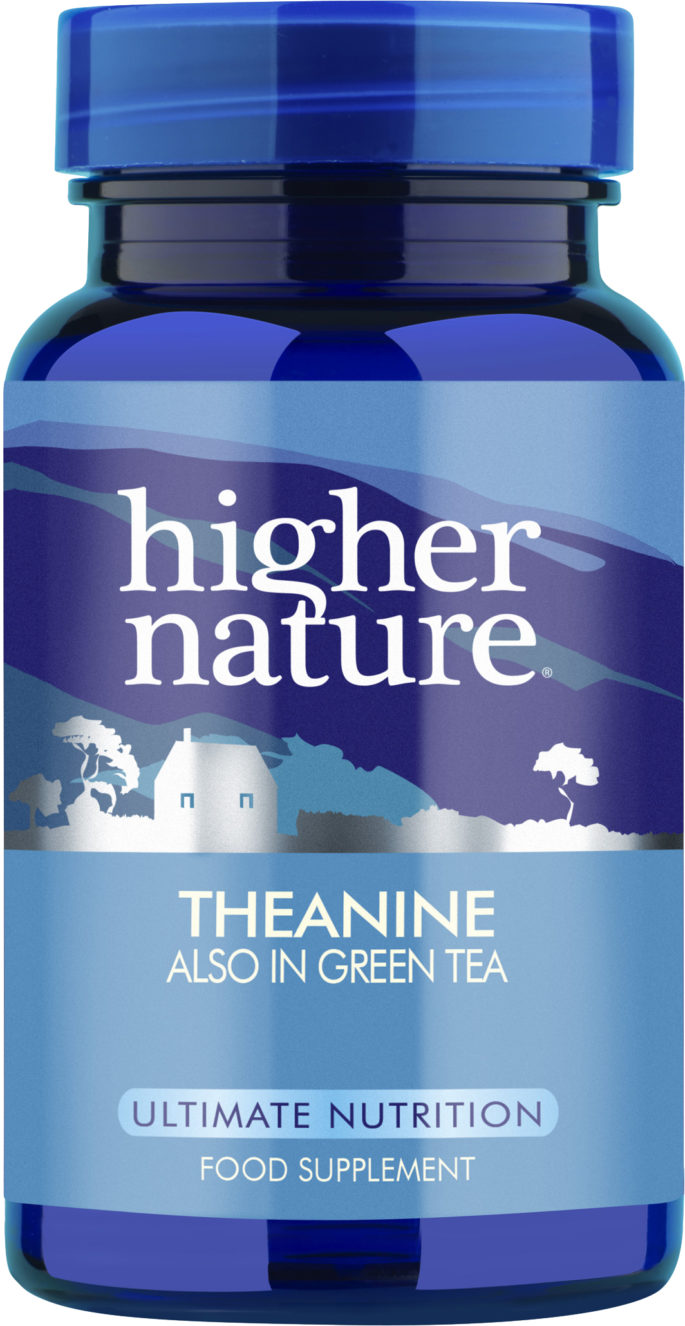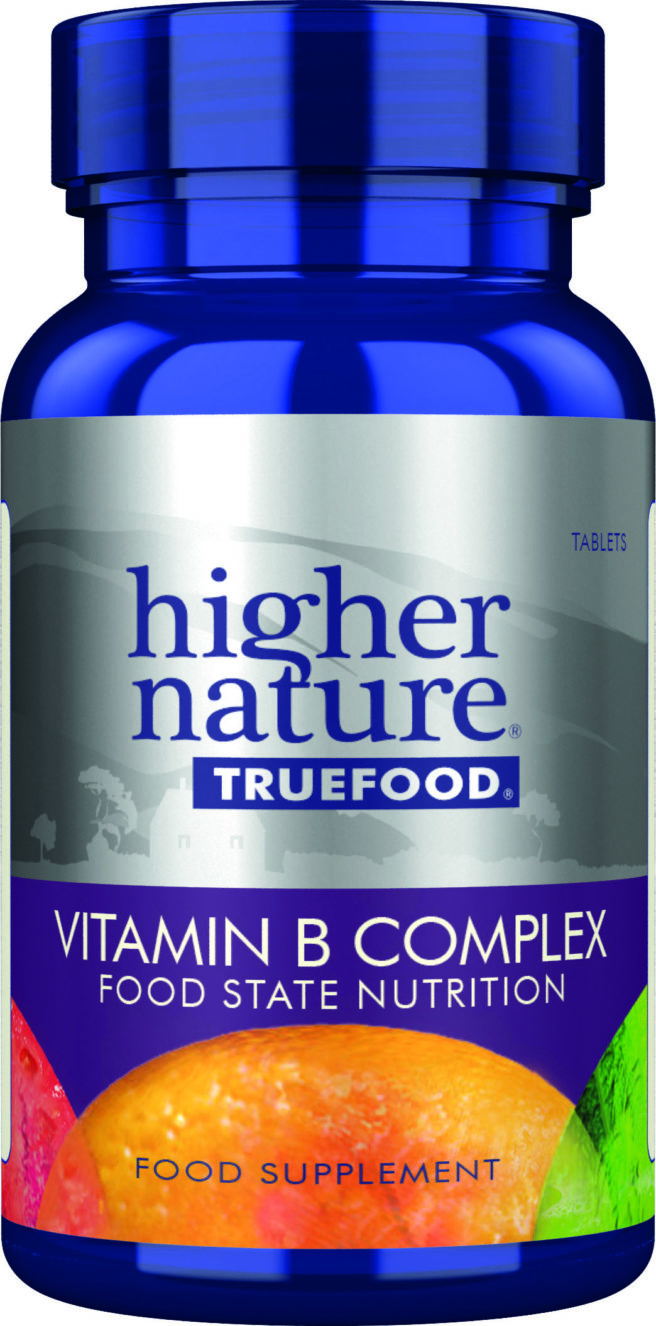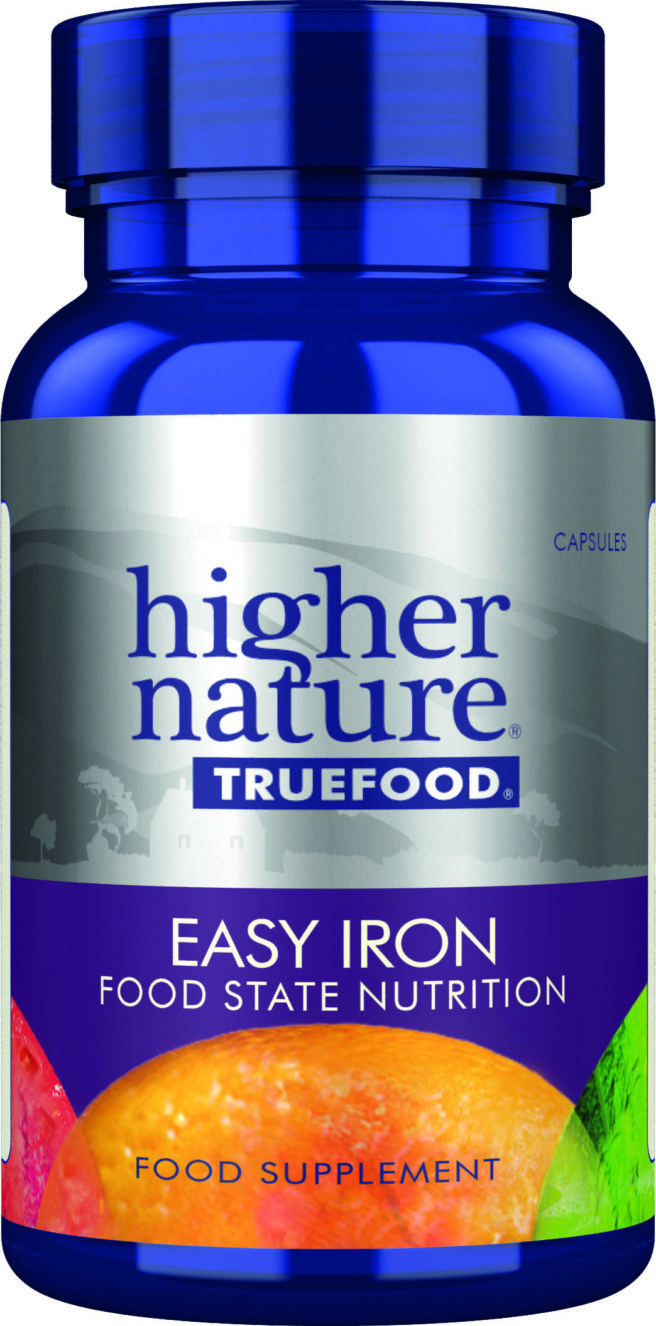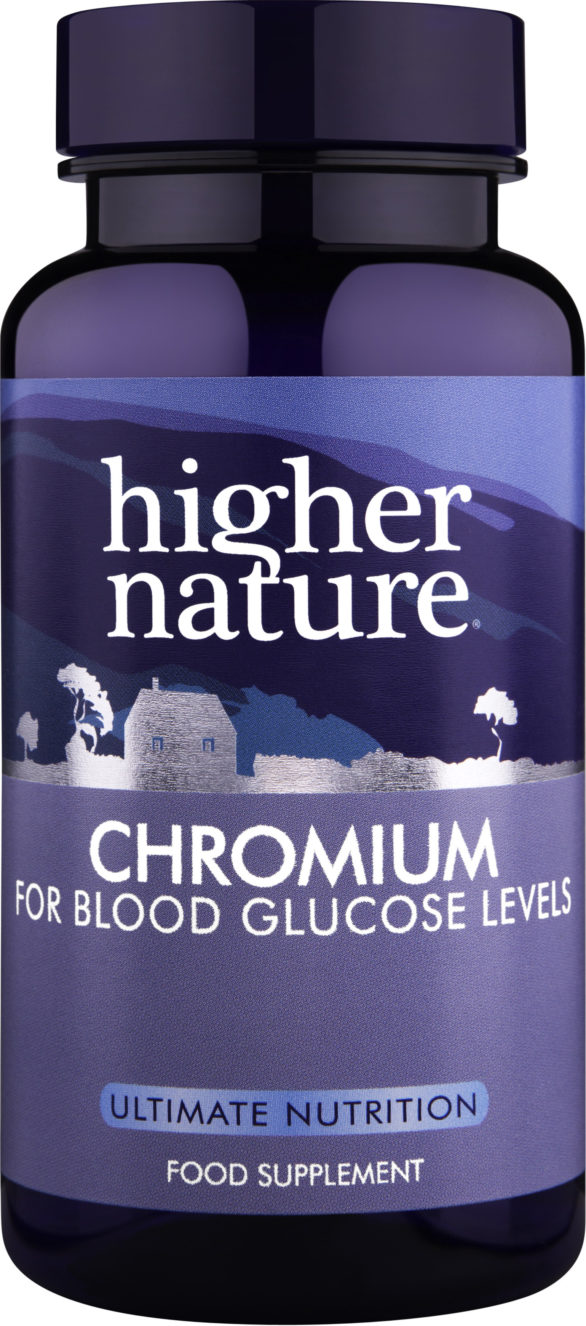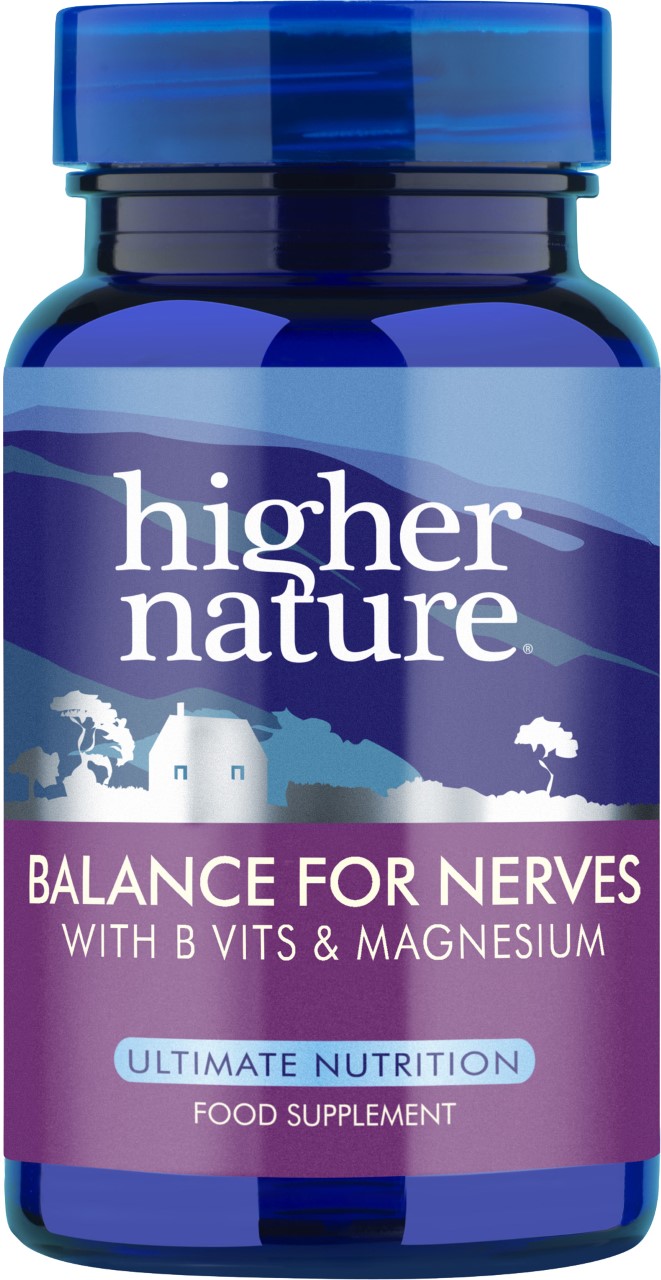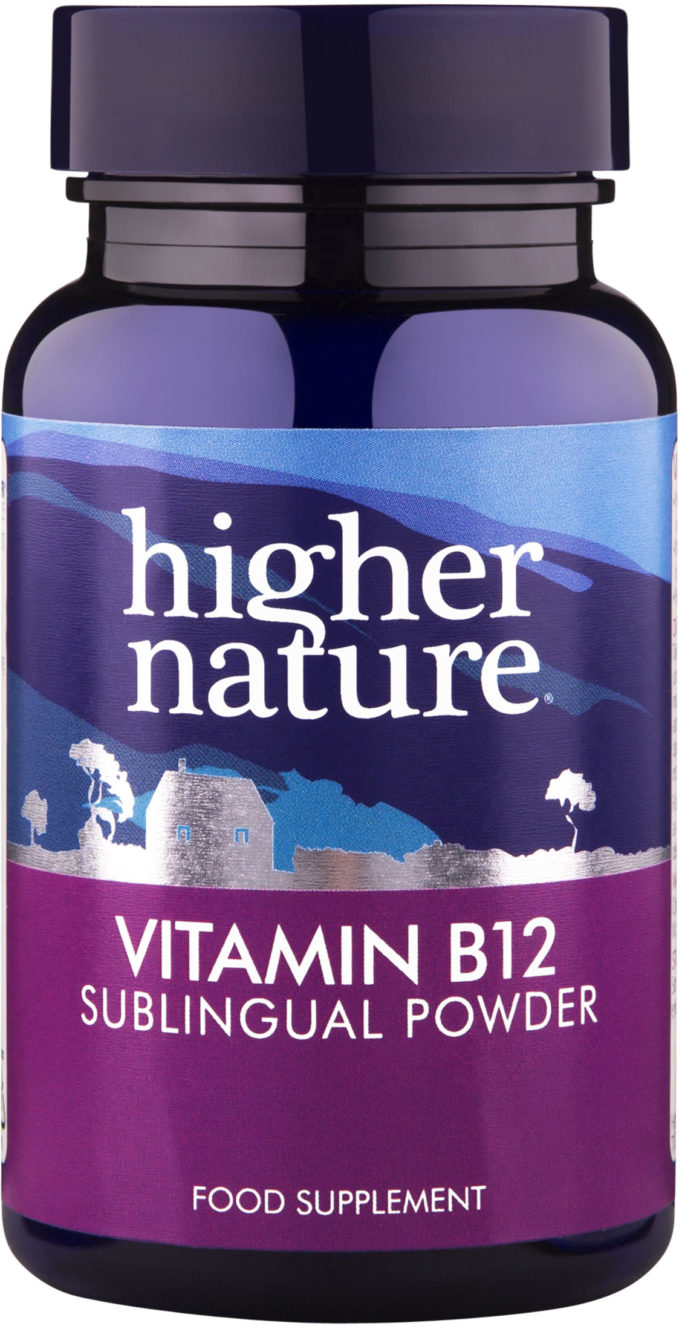Christmas, New Year, January Blues – no wonder we’re all knackered. When you’re tired all the time, it can feel like everything is wrong. Expert nutritionist Jenny Bodenham explains the daily causes of tiredness and the best solutions.
We’re all a little more tired than usual after all of our Christmas partying and New Year celebrating, but if sleep isn’t even fixing your fatigue there may be a hidden cause in what you’re eating, how you’re sleeping or even a hidden nutrient deficiency.
But you don’t have to live with it – a few simple lifestyle and diet tweaks could help.
1. You wake up tired
Potential cause: Broken sleep
A good night’s sleep is vital for maintaining energy levels. Without sufficient restful sleep your body is unable to recover and recharge.
To encourage restful sleep, avoid exercise too late in the evening, stay away from caffeinated drinks six hours before bed and avoid alcohol which disrupts sleep patterns.
Though it’s easier said than done, try and steer clear of anything that keeps your mind busy before bed.
Studies have shown that electronic devices like laptops and phones emit blue light which tricks the brain into thinking it’s daytime.
Blue light from these devices has been shown to be stronger than longer-wave light (that’s regular light we have in our homes) in enhancing alertness and has also been found to suppress the hormone melatonin more than any other type of light.
Melatonin regulates the sleep-wake cycle and its production and secretion is enhanced by darkness and inhibited by light so balancing it at the right time is crucial.
If you tend to wake up in the small hours and can’t get back to sleep, low blood sugar levels may be to blame. A drop in your blood glucose levels causes the release of hormones that regulate glucose levels, such as adrenaline and cortisol that stimulate the brain and jolt you awake.
 What to do:
What to do:
Adopt a relaxing and calming routine at night before bed – drink chamomile tea, use lavender on your pillow, make sure the bedroom is not too hot or cold and that it is completely dark. We love This Works Deep Sleep Pillow Spray £19.50.
Make the most of what daylight you can get as this sets your circadian rhythm, which is your body’s natural sleep/wake cycle.
Rising and going to bed at the same time each day and getting plenty of daylight helps your sleep/wake cycle, promoting good sleep. Daylight also stimulates the production of the brain neurotransmitter serotonin, making us feel happy and relaxed.
To prevent low blood sugar – about one hour before bed, have a snack combining protein such as yoghurt or nut butter with some complex carbohydrate such as wholegrains. A small snack of wholegrain cereal with milk, peanut butter on wholemeal toast, or cottage cheese on oat-cakes may help keep you sound asleep all night without interruptions.
Look for herbal teas and tonics that combine calming and relaxing herbs such as wild cherry, chamomile, hops, lavender and passionflower.
Try taking L-theanine, an amino acid found in abundance in green tea that has been proven to help promote calming alpha brain waves. It’s best taken earlier in the evening at a dose of 100mg
5-HTP in supplement form can also help calm the nervous system. This is the building block to serotonin and also melatonin (see above) and can help make you feel sleepier in the evening.
Start with a dose of 50mg and take with a carbohydrate only snack (rice cake, corn cake, piece of fruit) to help absorption, 45minutes before bed. Try this for 7-10 days and assess the effects. You can increase the dose to 100mg if necessary.
Valerian is a powerful traditional herb used for the relief of sleep disturbances related to mild anxiety and a large body of scientific research has shown it works – it’s so effective you could feel a little drowsy the next day so only take it as needed.
2. You need a mid-morning coffee and biscuit fix like your life depends on it
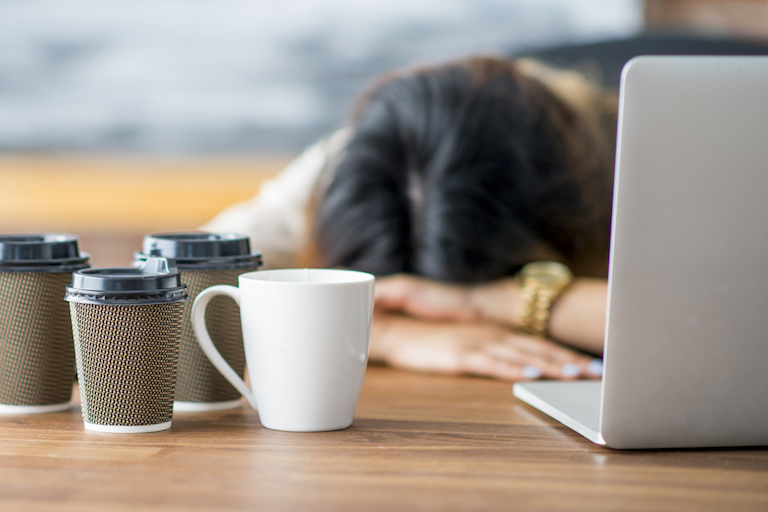 Potential cause: Blood sugar imbalances
Potential cause: Blood sugar imbalances
If you’re flagging by 11am and raiding the kitchen’s Digestive stash, your blood sugar needs better balancing.
Cutting out breakfast can lead to a blood sugar crash which triggers cravings for mid-morning coffee and something sweet and this can be the start of a blood sugar rollercoaster of energy highs and lows throughout the day.
First, avoid refined sugary carbs at breakfast. This includes most processed breakfast cereals or white toast with jam as they will cause a rapid spike in blood sugar followed by an inevitable slump, leaving you tired and irritable.
Likewise, too much caffeine causes a release of the stress hormone adrenaline, which may make you feel alert and motivated, but also skews blood sugar levels. That can lead to a vicious cycle, where you’re craving a cup of tea or coffee with a sugary snack throughout the day. Eventually you may come to rely on these stimulants and feel low without them.
Ultimately, on such a sugar and caffeinated rollercoaster, your body is constantly releasing surges of insulin to cope with the rises in blood sugar. Over time, your cells may no longer respond, leading to insulin resistance and paving the way for Type 2 diabetes. Scary but true.
What to do:
At breakfast, choose foods that are digested slowly, providing more sustained energy. For example, a fibrous wholegrain sugar-free muesli is great for breakfast is ideal because it releases its sugars slowly. Try new Troo low sugar granolas especially the Nicely Nutty flavour.
Try adding some yoghurt which provides protein to further slow the release of sugar and so promote a more steady energy release.
Scrambled egg or tofu on wholegrain toast is another option, or try a smoothie made with almond milk, protein powder and some blueberries, blackberries or strawberries.
Try taking the supplement chromium, which is essential for maintaining cell sensitivity to insulin and ensuring glucose is properly transported from the blood stream into the cells at a dosage of 200ug daily.
If your diet is high in refined foods and you lead a stressful lifestyle, you may be deficient in magnesium, which is common. Taking a supplement can help improve insulin sensitivity that might have developed as a result of your sugary habits. I suggest supplementing 200mg daily elemental magnesium – taking it at night may also help calm your nervous system and promote sleep.
If cutting out sugar is a problem, try substituting it with xylitol, an artificial sweetener which has 40 per cent less calories but minimum impact on blood sugar and insulin. It’s available from supermarkets.
3. You feel weak or dizzy – as well as tired
 Potential cause: iron deficiency
Potential cause: iron deficiency
You might want to talk to your doctor about having your iron levels tested. If your body is low in iron, fatigue, irritability, dizziness and headaches may occur because the lack of iron is causing limited oxygen delivery to your cells.
Iron is essential for the formation of haemoglobin, the red pigment in the blood which carries oxygen from the lungs to every cell in the body to make energy.
Iron deficiency is much more common in women as a result of monthly menstrual blood loss – in fact, if you have very heavy periods, you may be at increased risk for iron deficiency.
Those following a vegan or vegetarian diet may be more susceptible to iron deficiency as non-haem iron from vegetable sources is less available to the body than haem iron, found in animal foods.
If the deficiency is severe, anaemia will result. This is a more serious condition caused by too few red blood cells or insufficient haemoglobin in the blood and causes listlessness, faintness and shortness of breath. Other symptoms may include pale skin and cold hands and feet.
What to do:
First, get a blood test from your GP to determine iron deficiency.
Second, eat more iron rich foods. There are two types of iron found in foods: Haem iron – found in animal sources which is highly available for absorption from red meat, chicken, pork, beef, turkey, liver and seafood such as mussels, prawns, and sardines and non-haem iron from vegetable sources such as beans, lentils, dark green leafy vegetables, nuts and seeds, fortified cereals and dried apricots, which is less available to the body. Iron absorption of food can be enhanced by consuming vitamin C containing foods or drinks at the same meal, for example, a glass of orange juice or a tomato with your iron rich food choice.
If you’ve been diagnosed with iron deficiency anaemia, supplement an easily absorbed form of iron that does not upset the stomach or cause constipation such as a fermented food form, dosed according to your individual need.
4. You can’t concentrate
 Potential cause: B vitamin deficiency
Potential cause: B vitamin deficiency
B vitamins are essential for converting carbs, fats and proteins from the foods we eat into energy we can use. They also support the adrenal glands, which regulate and release stress hormones and support the nervous system.
Complex carbs are an excellent source of B vitamins. Green leafy vegetables, whole-grains brown rice and quinoa as well as nuts, avocado, chicken, yoghurt, eggs, wholegrain bread, sweet potatoes and salmon are all great sources.
What to do:
B vitamins are water soluble and quickly depleted by stress, so must be replenished daily, Consider taking a vitamin B Complex supplement., especially if you have a hectic, demanding lifestyle. Try Higher Nature’s True Food B Complex – 1 tablet daily.
5. You’re knackered, you’re dizzy and you might be getting palpitations
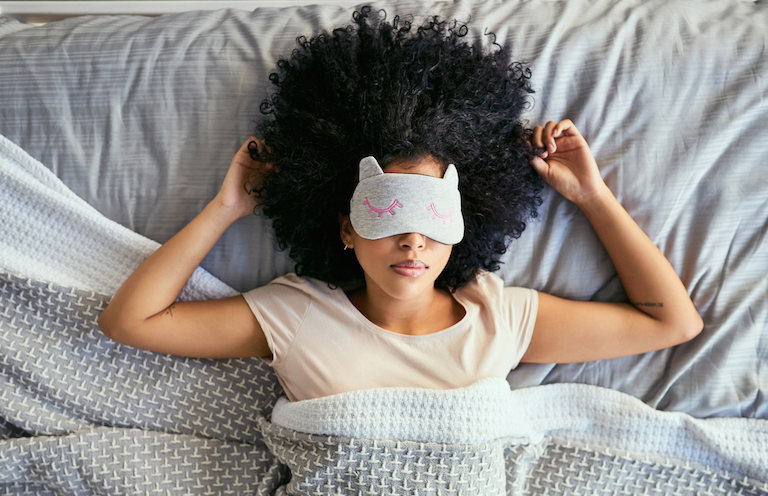 Potential cause: vitamin B12 deficiency
Potential cause: vitamin B12 deficiency
If you feel particularly tired and are also getting symptoms such as palpitations, shortness of breath and dizziness, you may have a vitamin B12 deficiency, especially if you have given up animal products as these are its main source.
Vitamin B12 has many roles in the body including essential red blood cell formation and energy production, which is why low levels can result in tiredness.
Other symptoms include palpitations, shortness of breath and dizziness but even mild deficiency can lead to symptoms such as low energy and muscle weakness.
The most common cause of B12 deficiency in the UK is pernicious anaemia. That’s where the immune system attacks healthy cells in the stomach, preventing absorption of vitamin B12 from food.
A less common cause may be following a strict vegan diet as vitamin B12 is found naturally in foods of animal origin and the richest sources are liver and kidney, followed by eggs, fish, cheese, and meat but be careful of overcooking as it can destroy the vitamin B12 in these foods. Fortified cereals and Brewer’s yeast also contain B12, but in smaller amounts.
What to do:Request a blood test from the GP. If necessary, supplement a form of vitamin B12 that is delivered straight into the bloodstream, bypassing any failings of the digestive system. Sublingual B12, taken under the tongue is easy to take and delivers B12 straight to the blood vessels in the mouth. Try Higher Nature’s Vitamin B12 powder at a dose of 200ug daily.
6. You’re hangry (that is tired, irritable and hungry) by 4pm
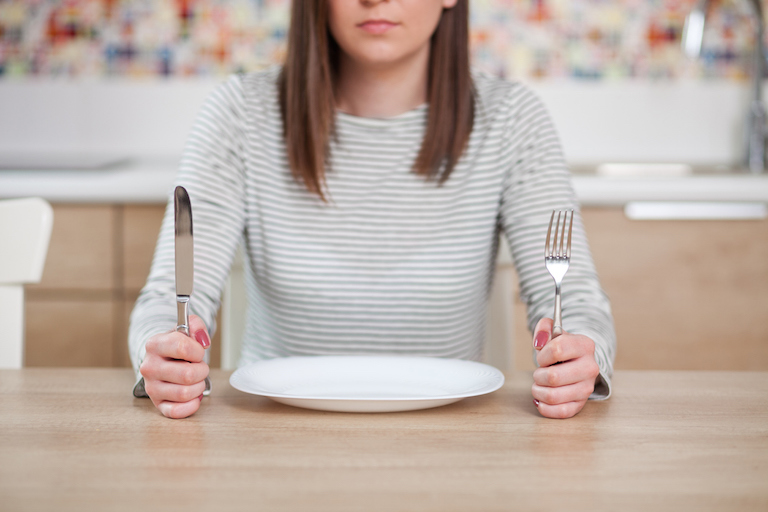
Potential cause: You’re either not drinking enough water, or eating enough protein (or both)
You may have skipped lunch, or eaten a lunch low in protein and high in refined carbs such as a bowl of white pasta or a salad sandwich on white bread – either way you’re tired, irritable, snappy and hungry. Welcome to Planet Hangry.
Low protein, high carb lunches are not sustaining and when blood sugar dips too low, the adrenal glands release the stress hormone adrenaline to increase the sugar in our blood, leaving us feeling jittery.
If your adrenals are stimulated like this over a prolonged period of time, they will eventually tire and become less able to produce stress hormones, leading to fatigue and constant irritability.
Eating enough protein is essential to keep us feeling fuller for longer and for healthy thyroid function.
Lethargy, brain fog and fatigue can also be signs of dehydration, so it is important to drink plenty of fluids throughout the day.
What to do:
Eat protein at every meal including lunch. This can simply be some beans or tofu for vegans, or chicken breast, eggs, fish or yoghurt for non-vegans. Protein not only provides the body with amino acids for repair and growth, it also helps keep blood sugar levels stable and supports thyroid function.
Some people may need to eat a small healthy snack mid-afternoon – such as mixed nuts with a piece of fresh fruit, to pre-empt this slump in blood sugar around 4pm or 5pm.
Drink plenty of water throughout the day as well as herb teas – a good barometer or your hydration status can be monitored by the colour of your urine. If it’s a pale yellow, you’re properly hydrated, if not, keep drinking (water, that is).
Green tea is lower in caffeine than regular tea or coffee and provides important plant compounds called catechins that have potent antioxidant activity, protecting cells from free radical damage and supporting the body’s own antioxidant defence systems. It’s a great way to rehydrate while also giving yourself an easy health boost. Try Pukka Clean Lean Matcha Green, from supermarkets.
7. You’re stressed and exhausted – but you can’t sleep
 Potential cause: Overworked adrenals
Potential cause: Overworked adrenals
You’re exhausted during the day but then, when you go to bed you’re wide awake. What’s going on?
Cortisol is a stress hormone released by the adrenal glands in response to prolonged stress – it’s really healthy to get a cortisol hit in the morning but by bedtime, your levels should be low enough for you to get pleasantly tired before bed.
In fact, levels of cortisol naturally fluctuate over a 24-hour period, with a spike on waking and a steady reduction through the day to their lowest level at night.
With the onset of sleep, cortisol continues to decline, before rising again in the early morning. When cortisol levels are high at night it can prevent sleep.
If your stress has become chronic, your adrenals have become overworked and ultimately fatigued so you’re unable to function properly.
The adrenals are two small glands sitting atop the kidneys and they’re massively important to overall health, helping not only the body’s response to stress but also in maintaining energy levels and keeping blood sugar, fluid levels and blood pressure within a healthy range.
Chronic stress overworks the adrenal glands and can cause wide ranging symptoms including fatigue, anxiety, irritability, inability to concentrate and inability to relax as well as poor immunity, digestive issues, weight problems and insomnia.
Other symptoms of adrenal fatigue may include a craving for salt or salty foods, having to make extra effort to perform routine tasks, impaired memory and brain fog and less resilience to stress.
What to do:
To deal with chronically elevated cortisol levels it’s important to support the adrenal glands with a healthy diet. Reduce your sugar, caffeine, alcohol and processed food intake and increase your intake of nutrient dense foods high in vitamins B and C, zinc and omega 3 fatty acids.
Take the load off the adrenals by managing stress using techniques such as mindfulness, meditation and healthy exercise. Having fun and being socially active can also help to relax and nourish the nervous system.
You could also take magnesium as this helps to calm the body’s nervous system and relax the muscles. It’s found in nuts and seeds as well as avocados, wholegrains and leafy green vegetables. Higher Nature’s Magnesium Effervescent – one soluble 200mg tablet a day
Plants such as passionflower and lemon balm have been used traditionally to support the nervous system and aid the body in dealing with stress and anxiety. These can be taken along with L-theanine, B vitamins and magnesium for extra support.
Alongside B vitamins, magnesium and relaxing herbs in a supplement such as Higher Nature’s Balance for Nerves
Relevant Healthista content:
5 fat loss supplements proven by science
This 30-minute morning yoga routine will boost your energy
This protein powder will cut your appetite without making you tired
7 ways walking can boost creativity – proven by science
Healthista content you might like:
Beauty secrets this gorgeous Swedish opera star swears by
The dairy-free probiotic drink that fixed my bloating
4 healthy recipes from the new Wagamama cookbook
How to run – a guide for people who hate running
Like this article? Sign up to our newsletter to get more articles like this delivered straight to your inbox.




